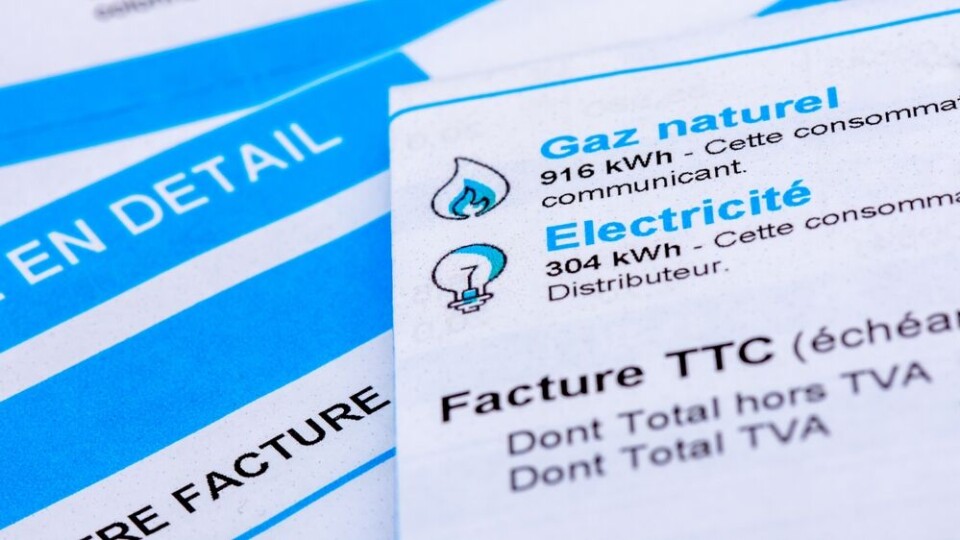-
Trump calls for Marine Le Pen to be freed (but she is not in prison)
US president said her embezzlement court case was a ‘witch hunt’
-
France’s €3 book delivery fee challenged in EU court by Amazon
Online retailer said measure is protectionist and ‘in breach of EU laws’
-
Allergies: How to know pollen levels in your commune of France
Interactive online maps can track and predict how pollen is changing in the air
Watch out for new energy bill scam in France
The email includes bank details and a phone number and warns customers of an ‘unpaid bill’

Engie customers in France are being warned to watch out for a scam email that claims they have an unpaid bill, and must transfer money into a bank account or call a number to pay it.
Customers have reported receiving an email to this effect in the past few days, especially those located in the Rhône area.
The email appears to come from Engie, and includes bank details to make the transfer, as well as a number to call “for any questions” - but the number - 09 77 40 06 38 - is fake.
In fact, the email is a scam and does not come from Engie at all. Calling the number and giving your details to the respondent, or making the bank transfer, will leave your bank account open to scammers and your money will be at risk.
This is not the first scam to hit Engie customers in recent years. One previous issue saw criminals posing as Engie workers, knocking on elderly people’s doors and asking for ID and an Engie bill, to sign up for a limescale filtering device. The scammers would then steal people’s details.
How to avoid the scam
Engie has warned that it will never call, text, email, visit, or send a letter to anyone asking for bank details or passwords.
If you suspect a scam, double-check the website address or the email address of the sender. In most scams, there is usually a subtle (or not-so-subtle) sign that the address is not quite legitimate.
For example, instead of ‘Engie.fr’ and ‘Particuliers.engie.fr’ (the correct addresses for the company), a website or email address may look like ‘engie-fr.com’ or ‘info@engiefr.fr’, ‘facture@particuliers-engie.fr’, or similar. Some email addresses and websites are even more obviously fake, with long strings of text or random names and numbers.
You can report a suspected scam to Info Escroqueries on 08 05 80 58 17.
There is also the government’s THESEE service (Traitement harmonisé des enquêtes et signalements pour les e-escroqueries) for online scams.
This service covers email and social network account hacking, classified ad scams (fake buyers, fake sellers, fake rentals), online blackmail, ransomware, and false sales sites. You can report scams on the page here.
If you suspect you have fallen victim to a scam, call your bank immediately and let them know. You can also log in to your Engie personal account area and change your password, and report the scam to the services above.
Read also
New scam doing rounds in France over ‘boxes’ for electricity meters
Beware: crooks are back with scam over French tax payments
Four common scams to watch out for in France
























